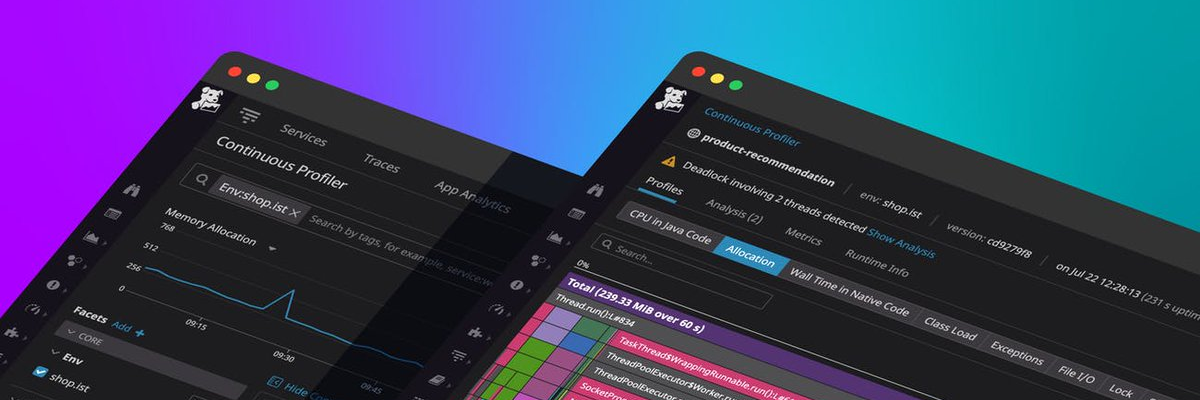With JRockit, you may sometimes see the following warning when starting the JVM (on Windows):
[WARN ][osal ] Could not enumerate processes (1) error=-1073738819
[WARN ][osal ] Could not add counter (null)\ for query
[WARN ][osal ] Failed to init virtual size counter
It may also look something like this:
[JRockit] WARNING: Could not initialize the virtualbytes counter, some functionality in jrockit.management.Memory will not be available. Message was: failed to create counter query. String was: (null)\Virtual Bytes
Or like this:
[JRockit] WARNING: Could not initialize the JVM process load counter, CPU load generated by the JVM will not be available. Message was: failed to create counter query. String was: (null)\% Processor Time
This means the JRockit cannot access the relevant PDH counters. Sometimes the counter is disabled, and then it can simply be re-enabled. Worst case, the counters can be corrupt, and the metadata needs to be rebuilt from system backup store.
To check the status of the counters, open a command prompt as admin, and run lodctr /q, as follows:
C:\Windows\system32>lodctr /q
Performance Counter ID Queries [PERFLIB]:
Base Index: 0x00000737 (1847)
Last Counter Text ID: 0x00001572 (5490)
Last Help Text ID: 0x00001573 (5491)
[.NET CLR Data] Performance Counters (Enabled)
DLL Name: netfxperf.dll
Open Procedure: OpenPerformanceData
Collect Procedure: CollectPerformanceData
Close Procedure: ClosePerformanceData
First Counter ID: 0x00001092 (4242)
Last Counter ID: 0x0000109E (4254)
First Help ID: 0x00001093 (4243)
Last Help ID: 0x0000109F (4255)
[.NET CLR Networking] Performance Counters (Enabled)
DLL Name: netfxperf.dll
Open Procedure: OpenPerformanceData
Collect Procedure: CollectPerformanceData
Close Procedure: ClosePerformanceData
First Counter ID: 0x00001086 (4230)
Last Counter ID: 0x00001090 (4240)
First Help ID: 0x00001087 (4231)
Last Help ID: 0x00001091 (4241)
[.NET Data Provider for Oracle] Performance Counters (Enabled)
DLL Name: netfxperf.dll
Open Procedure: OpenPerformanceData
Collect Procedure: CollectPerformanceData
Close Procedure: ClosePerformanceData
First Counter ID: 0x00001068 (4200)
Last Counter ID: 0x00001084 (4228)
First Help ID: 0x00001069 (4201)
Last Help ID: 0x00001085 (4229)
…
If it says (Disabled) next to a provider, the provider can be enabled with:
C:\Windows\system32>lodctr /e:<provider name> (where <provider name> is the string between the brackets at the beginning of the entry).
If the performance counters still behave badly, rebuild them from system backup store by running:
C:\Windows\system32>lodctr /r
Some counters may still be disabled after this. Use lodctr /q and lodctrl /e as described above to enable the ones you need.
If lodctrl is not available on your version of Windows, this article may help.

Hi Kiran,In my experience, both JVM’s are good but it deenpds of your targeted OS. I have seen very good results when using JRockit on Windows but better HotSpot behavior & stability when used on Solaris OS. I have seen more instability (JVM crash / hang) problems with older version of JRockit given it does more native optimization with increased native memory utilization; causing trouble for some low physical RAM capacity environment like Windows 32-bit with 2 GB or 3 GB process limit.Please keep in mind that Oracle is merging JRockit & HotSpot in one single JVM (merging best features of both) so this debate won’t be necessary in the future.Regards,P-H